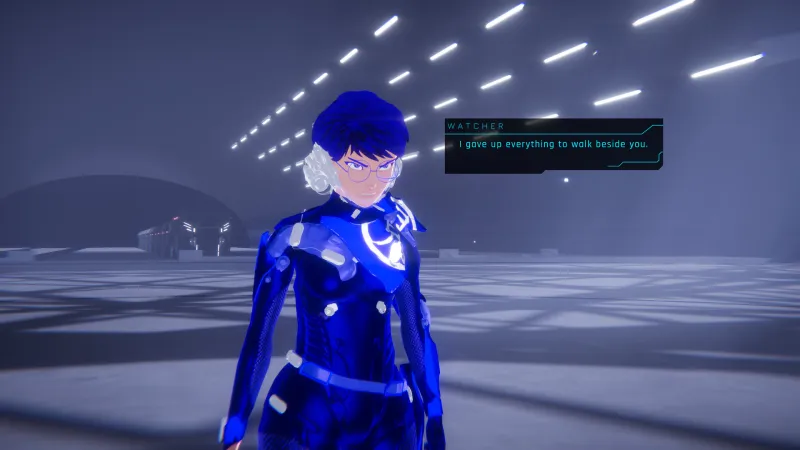

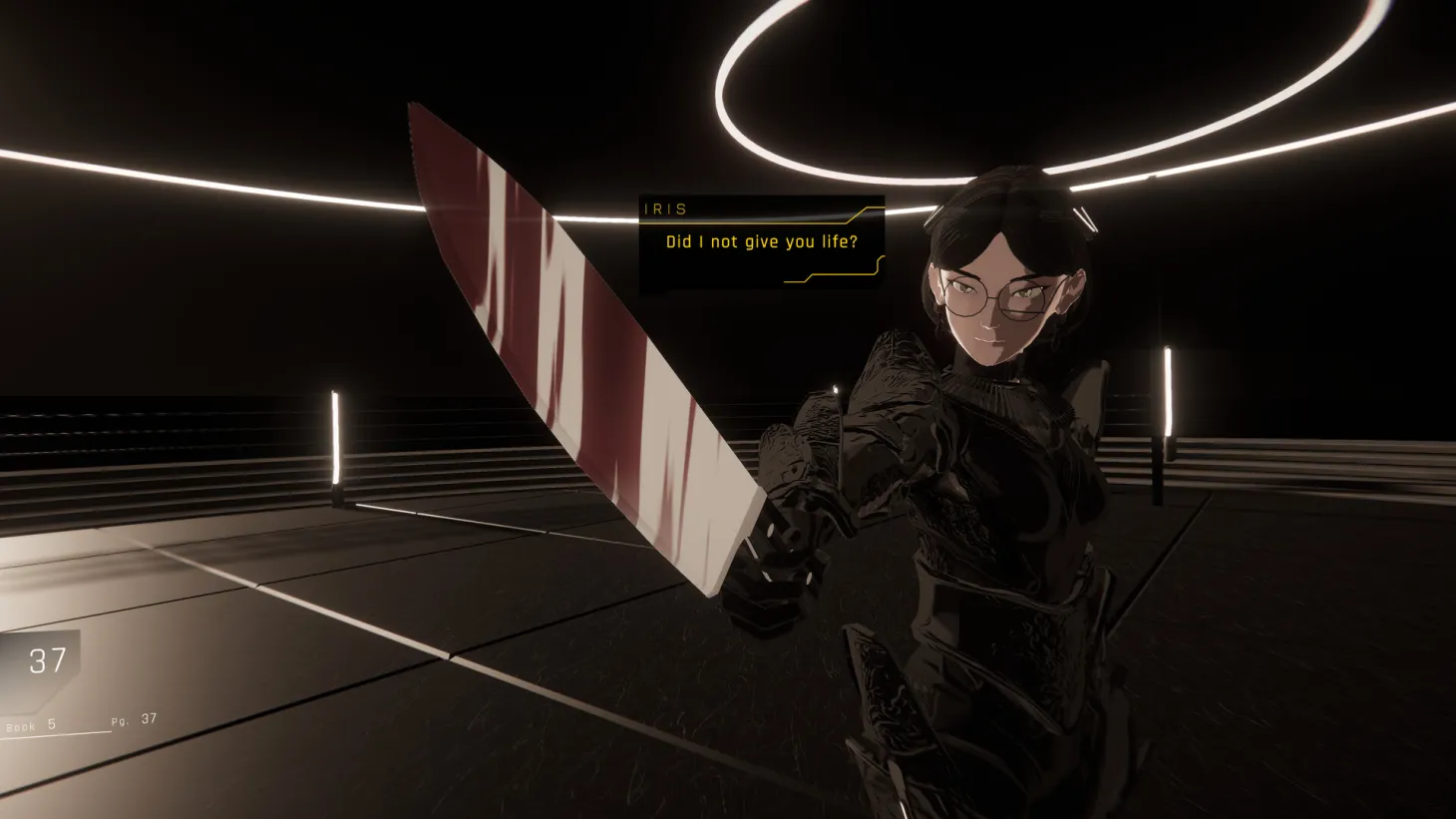
It's hard to do 1000xResist justice by describing its basic attributes. Its intricate worldbuilding seems convoluted, its simple gameplay seems boring, and its ambition to tackle so many heavy narrative themes seems like developer Sunset Visitor is biting off more than it can chew. But the magic of 1000xResist is not in what the game sets out to accomplish; it's in the fact that it does so with jaw-dropping finesse. The world and its characters are unique and fascinating, the basic gameplay leaves room for thousands of lines of brilliant dialogue, and the themes are explored in ways that have reshaped the way I think about stories and their impact on the modern world. Despite minor flaws, 1000xResist has firmly established itself as one of the most groundbreaking stories in video game history.
Watcher is the protagonist of this third-person adventure game. She is one of many "sisters" in a futuristic, isolated society of clones living in a space called The Orchard. Through a series of communions, she and her sisters delve into the memories of Iris, the teenager they're all cloned from, to learn more about her life before the current era. Each of the main characters in the game – Knower, Healer, Bang Bang Fire, Fixer, and Principal – complement Watcher differently. Whether they're encouraging her curiosity about the past, challenging her loyalty to the Allmother, or rattling her sense of morality, each relationship is rich and complicated, and I looked forward to spending time with them in new chapters.

Meanwhile, communions allow Watcher and her sisters to observe the past (roughly equivalent to the real world in the early 2020s), either by watching Iris' behaviors from afar or by seeing the world through her eyes. Despite the sci-fi trappings, Iris' relationships with her parents, her friend Jiao, and the rest of the world are grounded and human, and the more we learn about Iris, the more I appreciate her imperfections and difficult decisions.
On that note, if there's one word that summarizes why 1000xResist is so impactful, it's "flaws." Every character is just flawed enough to make them realistic and understandable, whether it's their anger, anxiety, fear, overbearing nature, or something else. Because you can always empathize with the other side, each relationship and major plot beat is afforded nuance that makes the story gripping, heart-wrenching, and delightfully complicated. As a result, when 1000xResist deals with themes of generational trauma, oppression, immigration, memory, and womanhood, it does so gracefully, creating one of the most thought-provoking stories I've ever experienced in a video game or otherwise.
The game is mostly dialogue, which is lovingly written and passionately performed. The realistic, pointed speech patterns of Iris and her family contrast the flowery, robotic language of the clone society. Although phrases like "hekki ALLMO" and "hair to hair" are initially disorienting, 1000xResist gives the player adequate time and context to become fluent in its aphorisms, and lines that had me scratching my head in the intro had me welling up with tears just a few hours later. These emotions can just as easily be attributed to the game's remarkable voice acting, which is understated and powerful. Despite most performers having almost no prior acting credits, there is not a weak link in the cast, and Jing Fang and Aliyah Rayner's portrayals of Knower and Iris, respectively, are standouts.
When you're not watching cutscenes and clicking through dialogue options – though that is the majority of the game – you can explore The Orchard and speak to the other clones living there. While technically optional, I greatly looked forward to conversing with as many NPCs as possible between each communion, as they provide valuable explanations and alternate perspectives to the game's events that can typically only be seen in one specific chapter. That said, The Orchard is miserable to traverse, and even though a post-launch update added a map, it's still frustrating to navigate. Though many areas look easy to access, they often require specific staircases or unintuitive entryways that force you to circle the entire locale, repeatedly pausing to check the map to ensure you don't miss a turn. The story is so engaging and immersive that I often found myself lost in its twists and turns for hours, only to be forcibly ejected from that immersion once I returned to The Orchard.

Tech issues also detracted from my experience. While the game is available on Switch and PC, my experience playing the game on the former console was less than ideal. Textures can be pixelated, load times are lengthy, and I experienced half a dozen crashes across roughly 14 hours of playtime, many of which were in The Orchard. Because these issues do not exist on PC and the visuals on that platform are generally improved, I'd recommend playing it there.
Still, the Switch port did little to quell my enjoyment of this game. 1000xResist is truly a singular experience, and since completing it, my appreciation for its world and characters has only intensified. A recurring line in the game that I think about often has characters reflect on the idea that "there is a you that remains and remains," whether in your offspring or clones, your impact on the world, or simply within memories. While I hope 1000xResist will inspire sequels, successors, or copycats, it certainly exists as a bright memory in my mind. A story that remains, and remains, and remains.
This 2025 review reflects our thoughts on the game’s current state at publishing. As such, post-launch updates were factored into the final score.
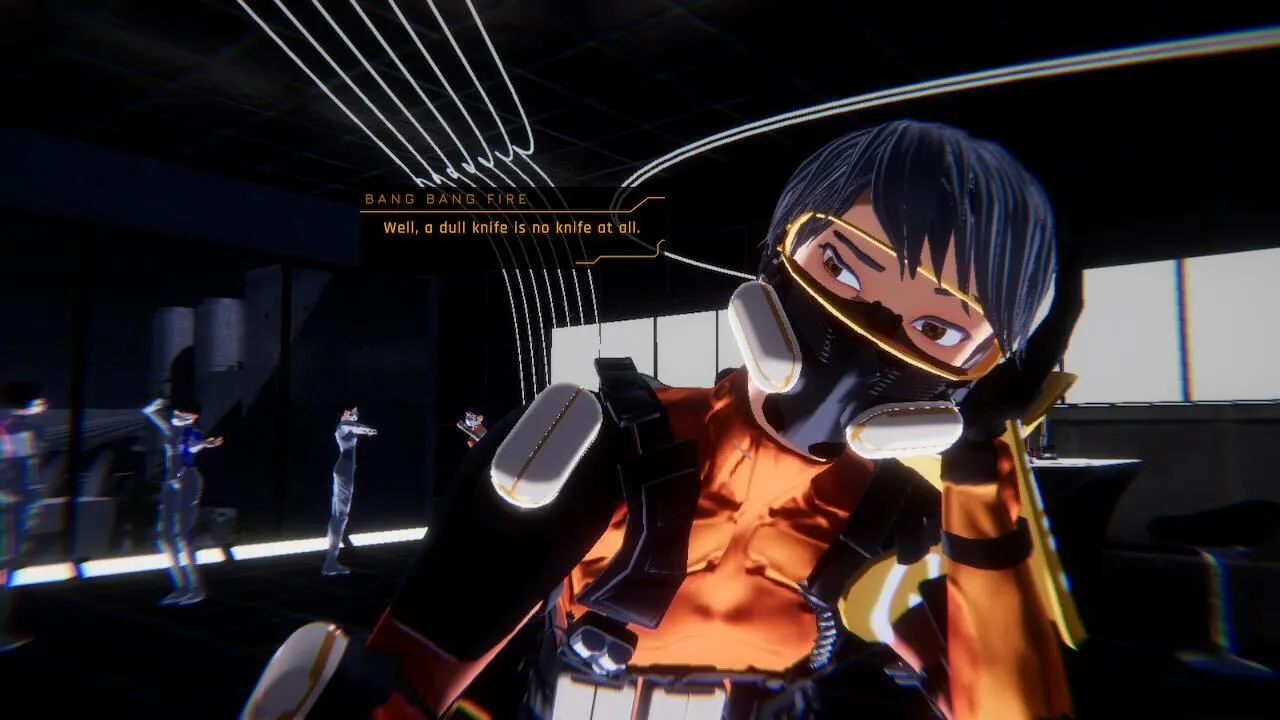
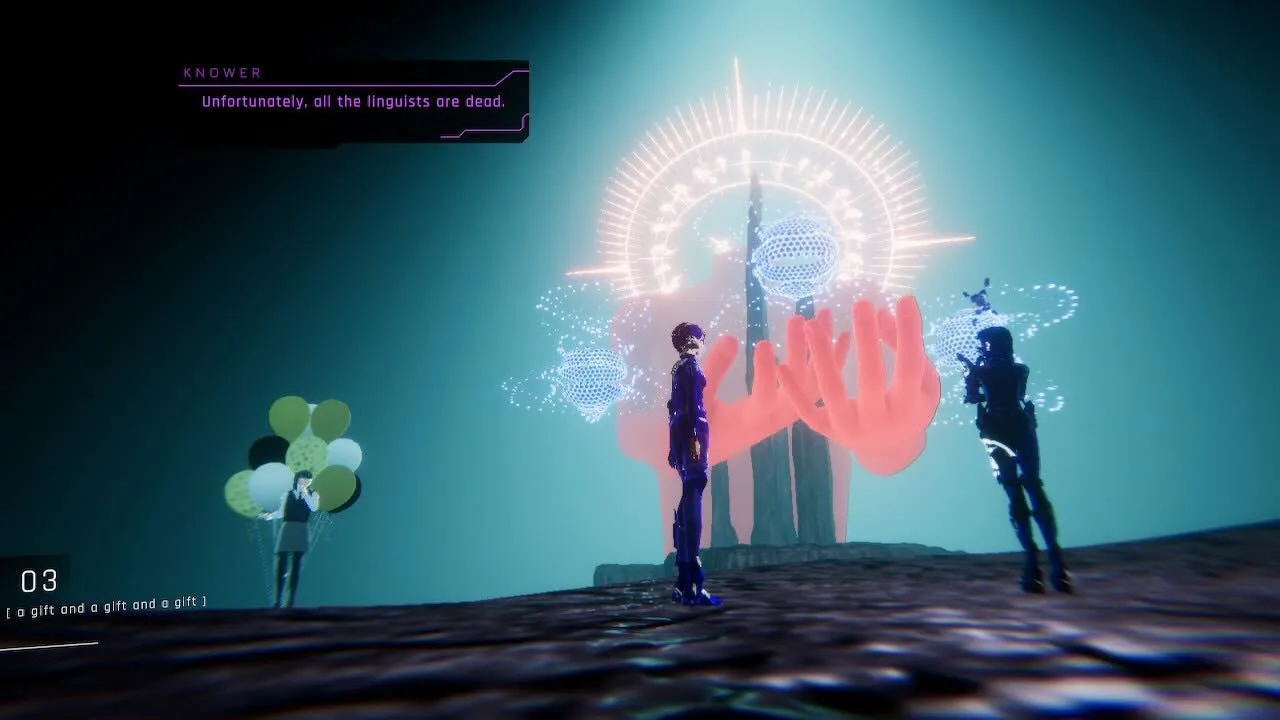
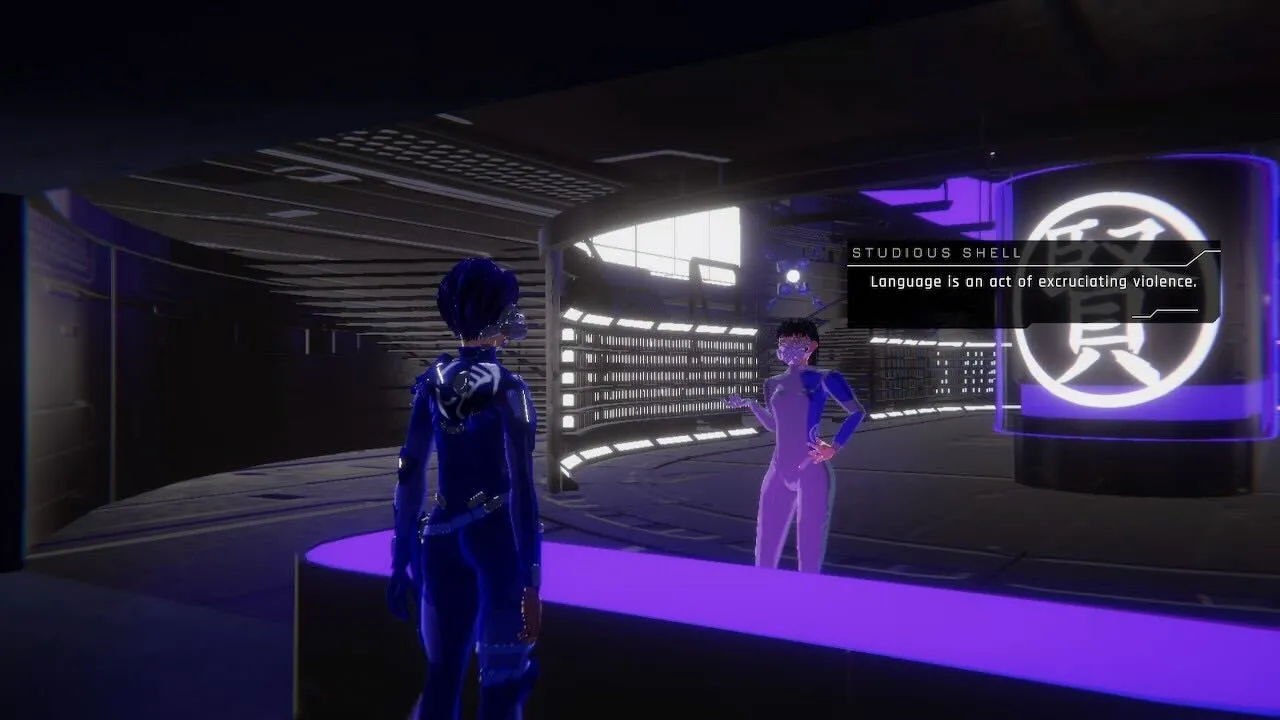
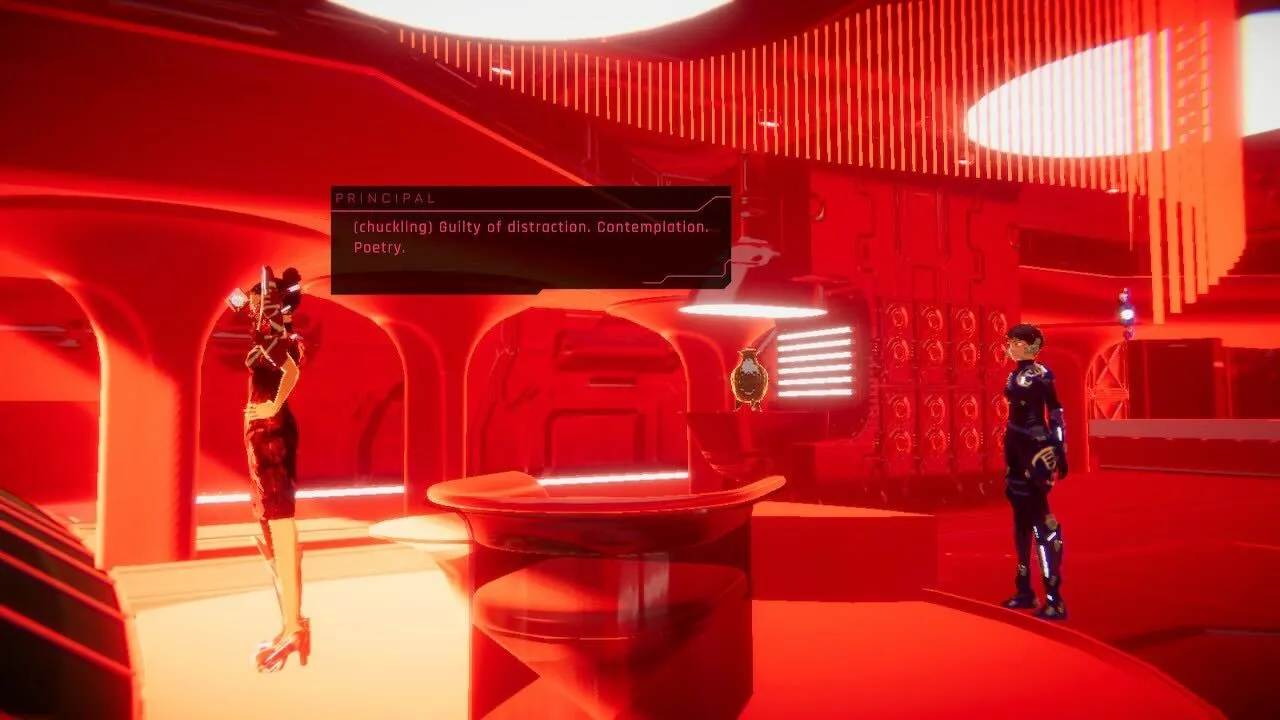

Explore your favorite games in premium print format, delivered to your door.